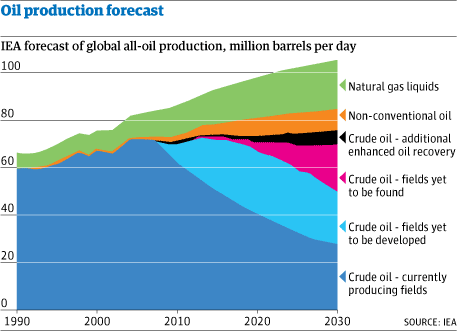Apologies for the lack of posts - I have been at the heart of the globalisation and environment debate spending over a week in 3 of China's largest cities - Beijing, Tianjin and Wuhan.
The sheer scale of these cities is something to behold.
I could not blog however as this blog is still "blocked". Internet censorship is a shame.
For PhD students working on climate change economics or political economy dimensions of climate change the FEEM summer school is one not to miss.
There are some excellent speakers covering many different aspects of the academic debate.
EAERE-FEEM-VIU European Summer School in Resource and Environmental Economics
Climate Change NegotiationsVenice, July 4th - 10th, 2010
http://www.feem.it/ess/
Deadline for applications: February 1st, 2010
The European Association of Environmental and Resource Economists (EAERE), the Fondazione Eni Enrico Mattei (FEEM) and the Venice International University (VIU) are pleased to announce their annual European Summer School in Resource and Environmental Economics for postgraduate students.
The 2010 Summer School will take place from the 4th to the 10th of July, at the VIU campus on the Island of San Servolo, in Venice, located just in front of St. Mark’s Square. The theme of this Summer School is Climate Change Negotiations.
Pollution does not respect political boundaries. Classic examples of transboundary pollution include acid deposition, climate change, pollution of the North Sea or the Black Sea, and damage to the stratospheric ozone layer. Transboundary pollution can have regional effects on local ecosystems (e.g., acid deposition in a particular country) or worldwide impacts on global public goods (e.g., biodiversity loss due to climate change). Countries should work together to address these pollution problems – the responsibility for reducing the risks to local or global goods should be shared among the nations that benefit from the reduction. While countries do have a common interest to protect themselves, they may or may not be individually interested in abating pollution voluntarily at a socially optimal level. A country may thus free ride off the abatement efforts of other nations, because no one country can be prevented from enjoying the benefits of pollution risk reduction, regardless of whether or not it contributed to the abatement effort.
The purpose of the Summer School is to investigate some of the key issues emerging from the economic analysis of transboundary pollution, global public good problems, and environmental conflict. The focus will be on climate change as an important example of a worldwide environmental problem requiring global solutions.
The School will be divided in two parts. The first part will be devoted to the theoretical models on international environmental agreements based on game theory. The review of the basic models will be extended to include dynamic models and the analysis of uncertainty on the scope of cooperation. The second part will focus on some of the climate-economy integrated assessment models elaborated to evaluate the effects of different climate policies. FACULTY and LECTURE TOPICS
Santiago Rubio, University of Valencia, Spain – School Coordinator
Dynamic models of international environmental agreements: a differential game approach.
Scott Barrett, Columbia University, USA.
Climate treaties.
Carlo Carraro, Ca’ Foscari University of Venice and Fondazione Eni Enrico Mattei, Italy Climate policy after 2012. Timing, technology, expectations and coalitions.
Rob Dellink, Wageningen University, The Netherlands
Drivers of stability of climate coalitions: simulations with the STACO model
Michael Finus, University of Exeter Business School, UK
Coalition formation under uncertainty and risk: the success of international environmental agreements
Andreas Lange, University of Maryland, USA
Equity preferences and the formation of coalitions to provide public goods - experimental evidence from the lab.
ADMISSION AND SCHOLARSHIPS
The Summer School is targeted to postgraduate students. Admission is conditional on the presentation by each student of his/her doctoral work; therefore PhD students who want to apply normally need to be advanced in their PhD to have produced at least one substantive chapter, but not to have completely finished their thesis.
Application is restricted to 2010 EAERE members, both European and non European citizens. Given the highly interactive activities planned at the Summer School, the number of participants is limited to 20.
There is no participation fee. All applicants can apply for a scholarship.
For further information on application and funding please access the Summer School Website at http://www.feem.it/ess/ or contact the Summer School Secretariat.
Summer School Secretariat
Ms. Maria Pivotti
Fondazione Eni Enrico Mattei
ess@feem.it
http://www.feem.it/ess/
.


